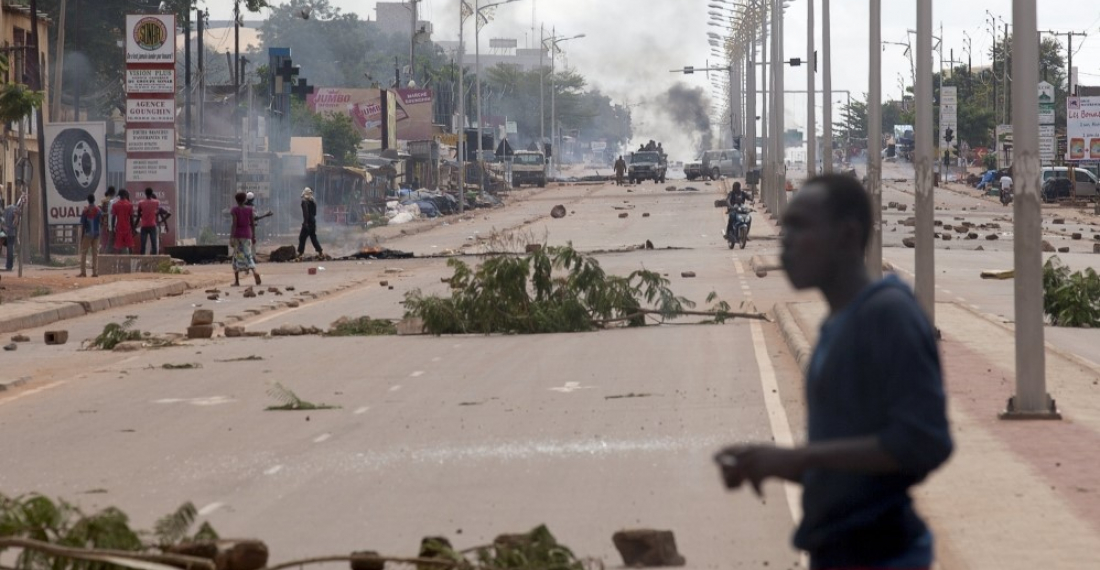The African Union on Monday (31 January) suspended the membership of Burkina Faso following last week's coup that led to the ousting of President Kaboré.
The African Union’s Peace and Security Council announced the suspension of Burkina Faso's involvement in the activities of the AU until “the effective restoration of constitutional order in the country”.
Last Friday already (28 January), the West African main regional bloc ECOWAS - a regional bloc comprising 15 countries - suspended the ruling junta from its governing bodies, while demanding the release of the president.
Indeed, Paul-Henri Damiba, the lieutenant-colonel who led the coup operations has still not specified a timeline for the return of Burkina Faso to a constitutional order - as requested by the African Union - and has only promised a constitutional return « when the conditions are right ».
However, no sanctions have yet been imposed on Burkina Faso by either organisation, even though this is expected to be one of the main focuses of the upcoming ECOWAS summit in Ghana this week. ECOWAS leaders have previously suspended and implemented sanctions against Mali and Guinea, where coups have taken place over the past 18 months.
The coup in Burkina Faso is yet another example of unrest in this poor, landlocked country, which has suffered from political instability since its independence from France in 1960.
The deposed President Kaboré was elected in 2015 following a popular uprising that ousted former President Compaore. Compaore himself had staged a coup against the former leader and revolutionary icon, Thomas Sankara.
Kaboré, who was democratically re-elected in 2020, faced growing frustration among his own population because of the spread of the terrorist threat in Burkina Faso emanating from neighbouring Mali.
The military terrorist groups ISIL and Al-Qaeda have, for the past seven years, killed more than 2,000 people in the region while more than 1.5 million Burkinabé had to flee their homes to escape the terrorist menace.
Criticisms point to the growing lack of credibility and trust of these institutions - particularly ECOWAS - by the population, who regard these supranational institutions as ineffective in the alleviation of poverty and in the struggle against terrorist violence.







